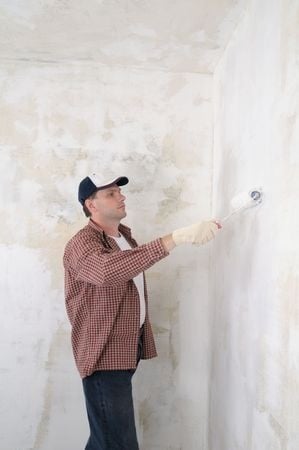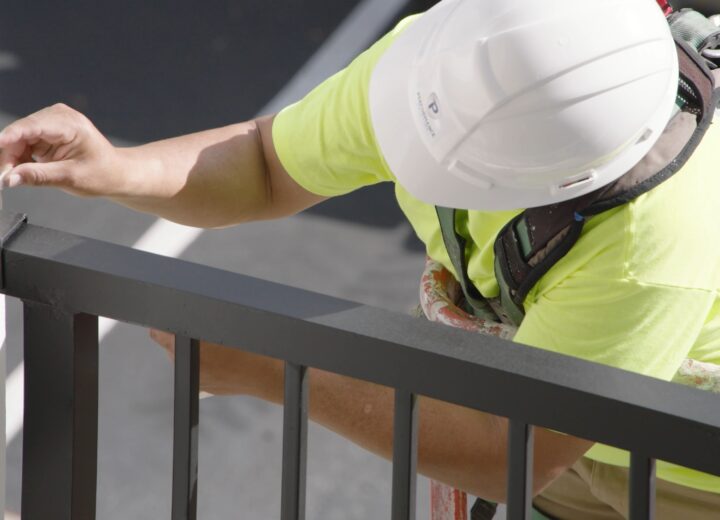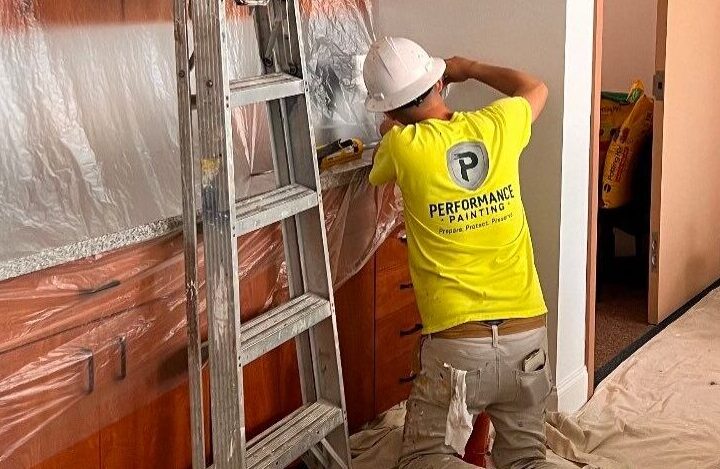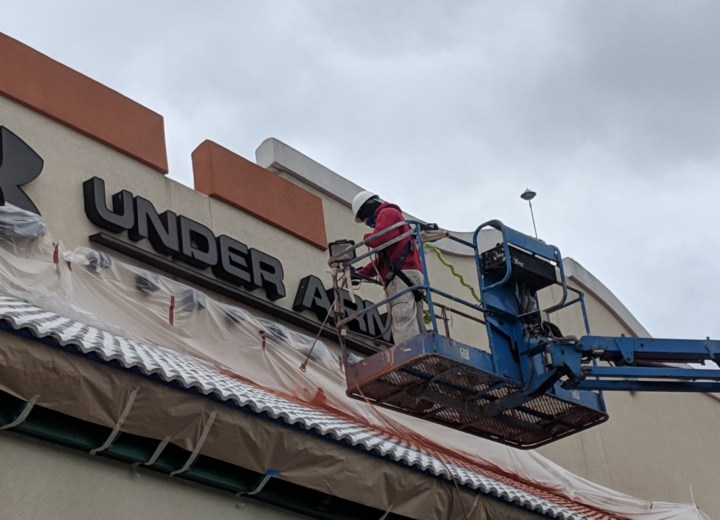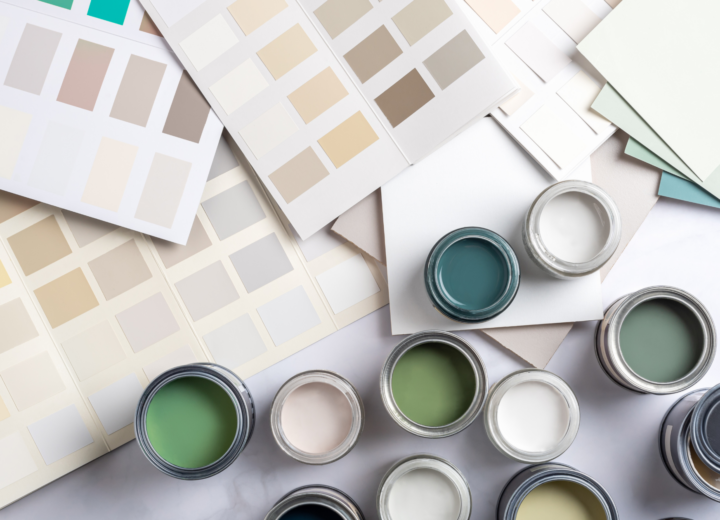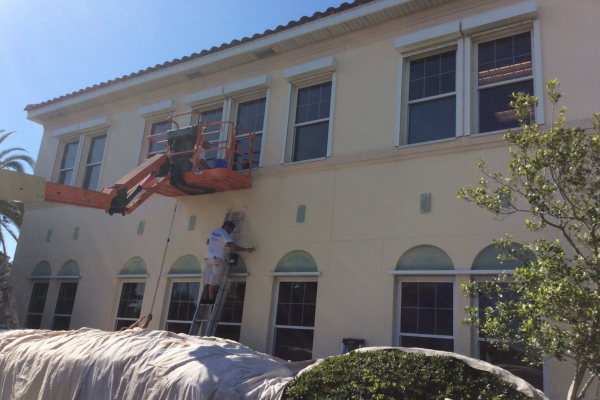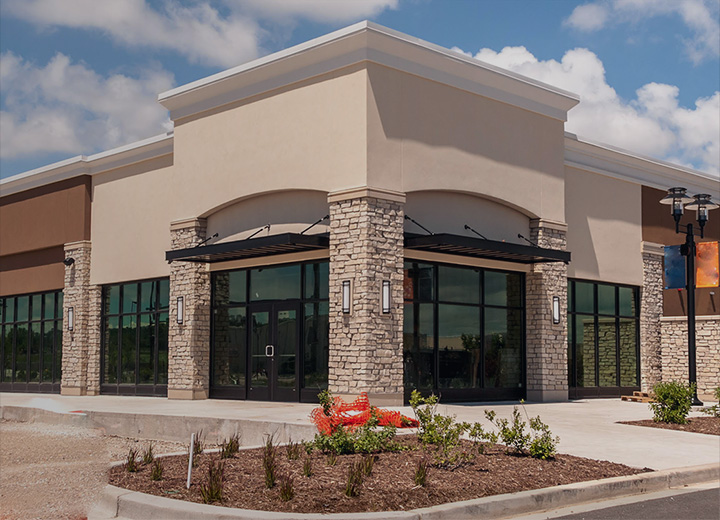Whether you’re painting inside or outside at home, one thing that do-it-yourselfers often overlook is how to store the leftover paint when the job is finished and cleaned up. Today we’ve got some top tips to help you make the most of your investment in quality paint for your Jacksonville area home by storing the leftovers correctly.
Buy what you need
The trick here is to buy enough paint to cover the area you’re painting and apply enough coats of paint to be sure the finish is perfect, but not so much paint that you have loads left at the end of the day. The great thing about working with professional house painters in Jacksonville is that they can make very accurate estimates about the amount of paint required for any job.
Safety considerations
When it comes to storing paint, you want to be sure that you aren’t potentially exposing yourself or others to hazardous fumes. It is important to store paint in tightly sealed containers to avoid off gassing. But also, it is vital that you store your sealed containers away from potential sources of sparks, extreme heat, or open flames. You’ll also want to keep paint in a dry area, preferably off the ground to avoid rust or other damage to the container.
Storage for longevity
If you are interested in saving your left-over paint so that you can do touch ups when the kids inevitably color their way up and down the hallway, or someone dings the wall, you need to store the paint right to be sure the paint is in good condition to use when the time comes. Our top tips for paint preservation include:
- Store cans upside down: obviously, this makes the assumption you’ve got the lid sealed tight. Storing the paint upside down creates a sort of double seal, because the paint itself forms a barrier against the air that might seep in around the actual lid. This is only truly effective with cans that are close to full, as the more air is inside the can the more likely it is that a layer of “skin” will form on the top of the paint, and you want to remove that before the paint is stirred up to avoid clumping or streaks in your finish.
- Keep it clean: a great tip from house painters in Jacksonville is that before you seal the lid, be sure any excess paint is removed from the lid and rim of the can, as well as any debris that may have collected in the groove around the edge.
- Cling film: place a layer of plastic wrap or a cut-down plastic bag over the top of the can before you seal up the lid, this helps create a tight seal, creates a barrier against metal-to-metal corrosion, and also makes it easier to “cleanly” open the can when the time comes.
- Downsize: one of the simplest things you can do to protect the quality of your paint is store it in a smaller container. Paint cans are cumbersome to manage, but clean canning jars or even plastic bottles you would otherwise recycle, can make great containers for storing smaller quantities of paint. Just be sure the containers are clean, thoroughly dry, and have a good seal.
It could be that you decide storing the paint isn’t worth the hassle in the long run, and this is where having a good working relationship with local house painters in Jacksonville pays dividends. Local house painters know the ins and outs of disposing of paint in your area, which takes the burden off your hands.

